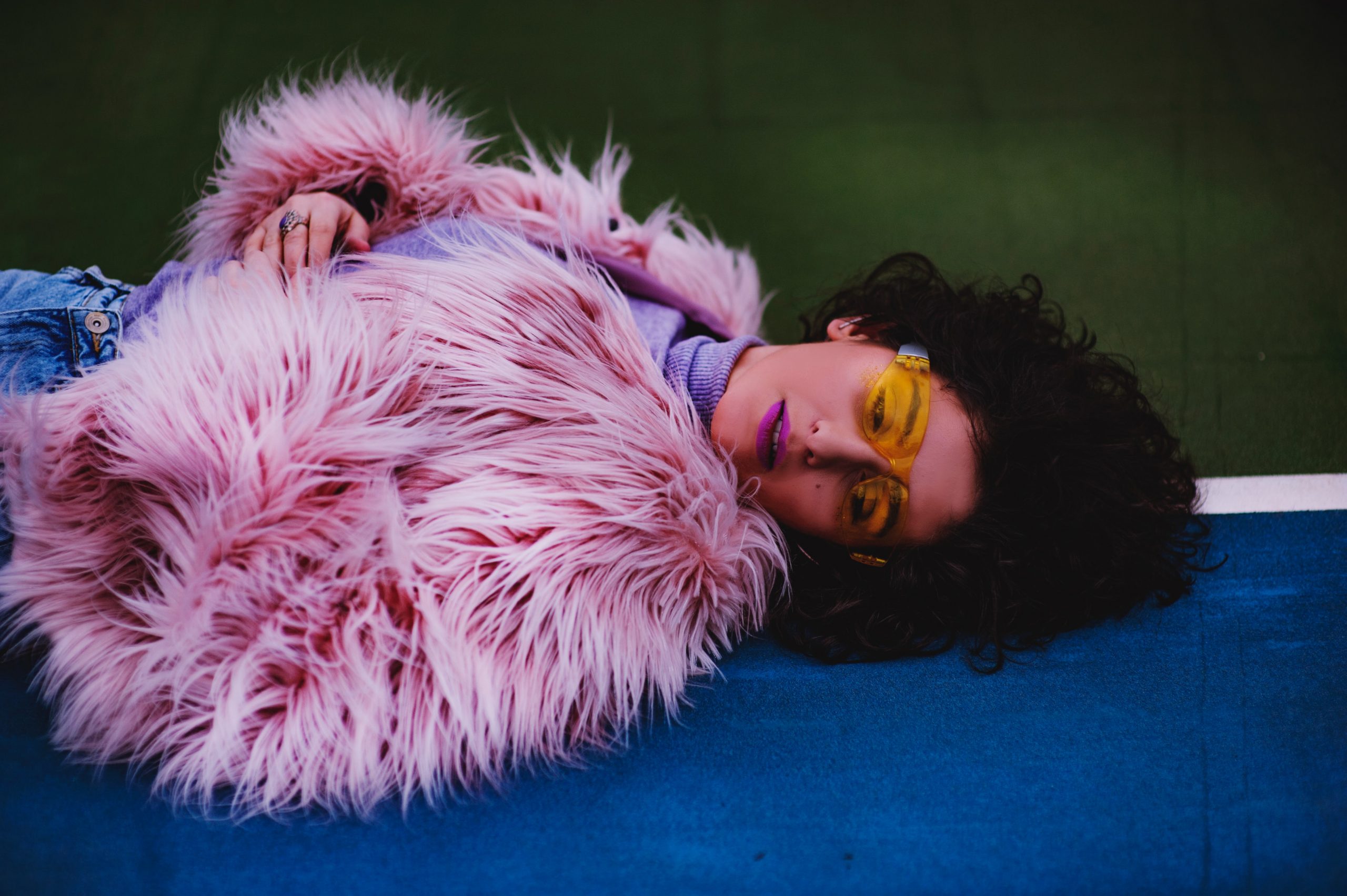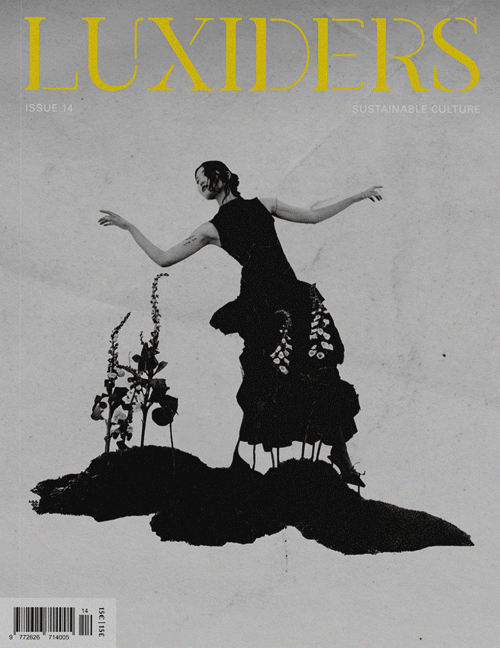
Luxury Fashion Houses Banning Animal Fur. Who Is Missing?
Dolce & Gabbana has joined the growing movement of banning animal fur. They have announced that they will replace their use of fur with a sustainable “eco-fur” in future collections. Which other luxury fashion brands follow this movement and which continue to create luxury products made from animal fur?
DOLCE & GABBANA’S ANTI FUR STANCE
Dolce & Gabbana are banning fur in their clothing production. They made a joint statement last week with the animal rights group Humane Society International that they will phase out fur this year. Their plan is to work with fur-makers to produce a sustainable faux fur alternative that utilizes recycled and recyclable materials. In response to Dolce & Gabbana’s banning fur pledge, People for the Ethical Treatment of Animals (PETA) welcomed the label’s decision as “compassionate and business savvy”.
D&G is not the only luxury fashion house to ban fur. In recent years, other luxury brands like Chanel, Prada, and Burberry made similar pledges to ban the use of fur in production within their companies. There are long-standing fur-free companies that have built their brands off of the movement, such as Calvin Klein and Stella McCartney. But more recently, brands that previously used fur have changed perspectives.
BANNING FUR: WILL OTHER DESIGNERS FOLLOW?
In 2017, Italian label Gucci joined the list of major luxury brands to announce that it was going fur-free, a decision that Humane Society International described at the time as “a huge game-changer.” Their fur-free vow was enforced beginning with its Spring/Summer collection in 2018. “Do you think using furs today is still modern? I don’t think it’s still modern and that’s the reason why we decided not to do that. It’s a little bit outdated,” the chief executive and president of Gucci Marco Bizzarri stated to BoF, regarding the use of furs.
Alexander McQueen, as of March 2021, kept their promise and has pledged to finally ditch fur in an effort to be more sustainable and ethical. Italian label Armani pledged to rid of fur back in 2016 after animal rights campaigns targeted the company for unethical practices regarding fur usage.
Balenciaga also announced that they are officially fur-free, as of March 2021. They have been slowly phasing out fur, however, since 2015, as soon as Demna Gvasalia joined the company as creative director.
Burberry is added to the growing list of fur-free luxury brands as of 2018. Following a PR scandal where it was discovered that the brand was incinerating unsold merchandise, they committed to both ditching fur and stopping the burning of unsold garments.
Prada, too, in 2019 committed to becoming a fur-free label. This commitment went into effect with its Spring/Summer 2020 collection. The Humane Society has been supporting the brand in its efforts to follow a more ethical approach to its design process and production.
Brands we would love to see a shift into the world of fur-free fashion are Fendi, Dior, Louis Vuitton, and Tom Ford. These brands are still selling fur products as of 2022, but are aware of the impact that their choices are making in the industry.
The Italian luxury brand Fendi has made a statement about banning fur, but it has not come into effect yet. In the latest Spring/Summer 2022 collection, most of their products were devoid of fur, but not all.
Dior’s stance on sustainable and ethical practices, including the use of fur, is poor. They remain using fur in their products, despite the ethical shift in the fashion industry. Similarly, Louis Vuitton has a private stance on their usage of fur in production. PETA has commented on their inhumane practices.
THE FUTURE FOR FUR IN FASHION
In a more positive light, Tom Ford has declared that he is starting to use much more faux fur in his luxury brand. He stated that he is “not quite ready to say that I am fur-free” but has limited the use of fur in his collections.
The entire fashion industry has a social and environmental responsibility to produce sustainable and ethically made clothing. The major luxury brands are the leaders of the industry. However, the ethical and sustainable shift is slowly gaining followers. As major luxury fashion houses continue to change their values for the better, we can only hope that other brands will follow suit for a more sustainable future.
+ Words:
Emily Henry
Luxiders Magazine








